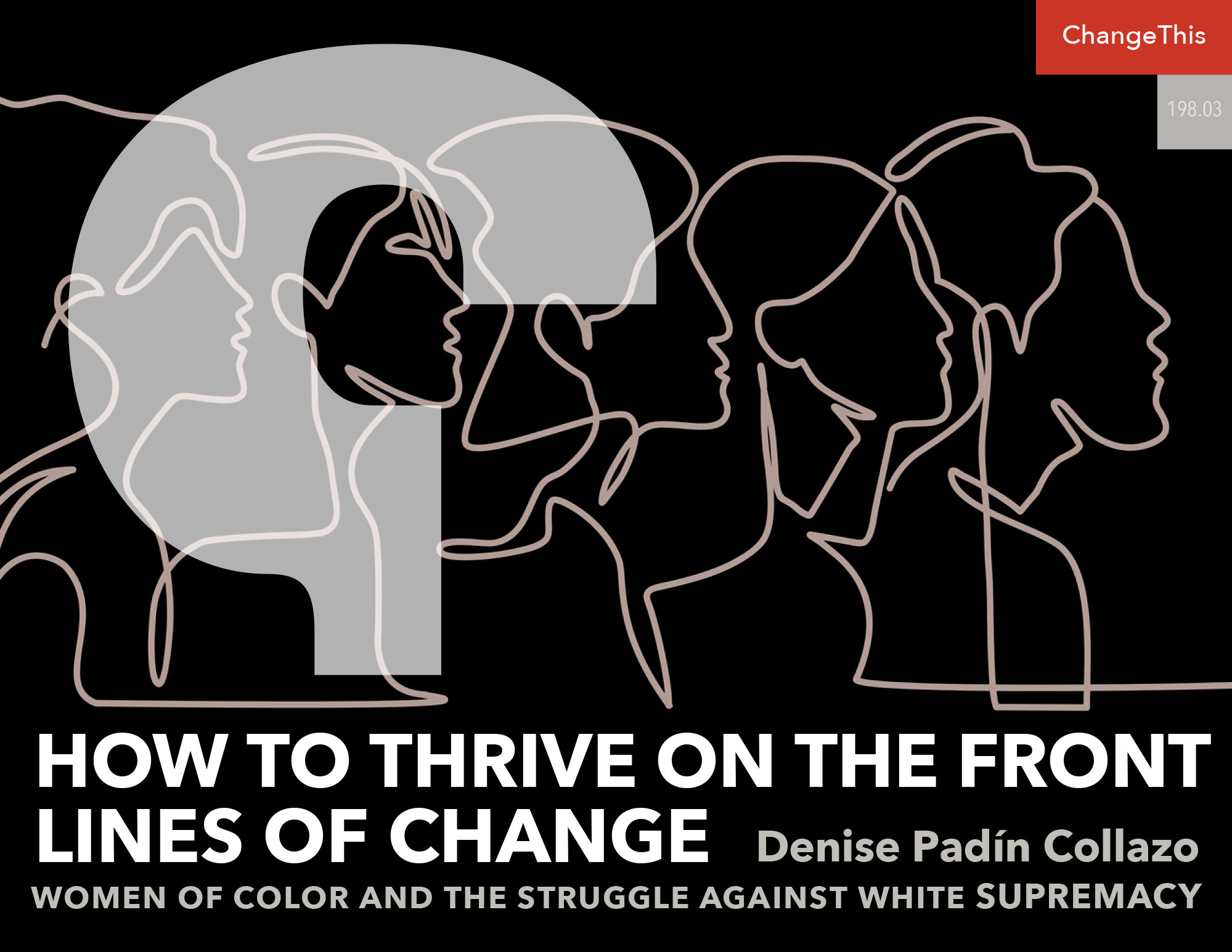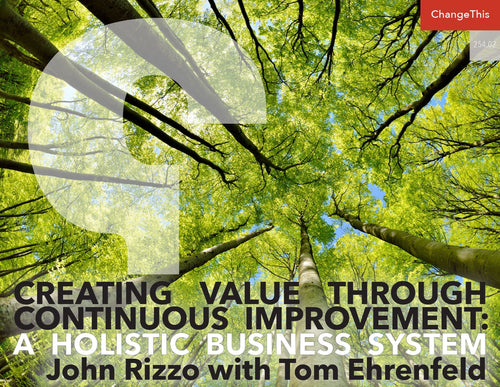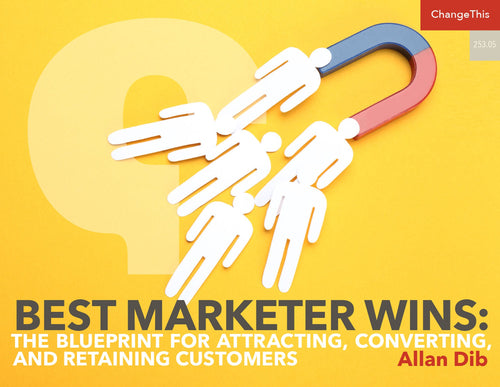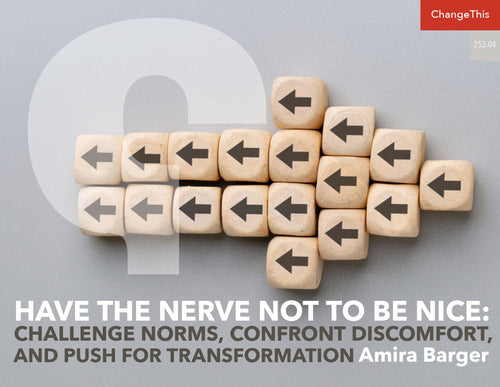How to Thrive On the Front Lines of Change
A great many of the people doing the work in the fight for social, economic, political, and racial change are women of color.
Black women, Latinas, Asian sisters, Pacific Islanders, First Nations women, Southeast Asians, and many others serve as the bones that hold the flesh of our families, communities, and institutions together. You serve as room moms, school board members, clergy members, elected officials, spiritual guides, community organizers, activists, and healers who serve daily in countless unnamed and often unpaid positions of leadership.
I’m writing to tell you that I see you.
The work you do is very important. You’re not alone, and what you’re experiencing is not only happening to you.
Finally, I want you to know that those of us who are fighting on the front lines of change need you in the fight.
You, my sister, are not just fighting with children and families who are being most harshly impacted by our nation’s greed, neglect, and disregard for young lives. You are not just fighting on the front lines with families facing our nation’s blatant disregard for Black lives. Women of color’s bodies are the front lines of change.
OUR COUNTRY IS LEAVING OUR CHILDREN BEHIND
It is only when our Black children are free, that I am free. When our Black children are made whole, I am made whole. Until America acknowledges its racist roots and digs out all its vestiges, this country will not be whole. Until Latino children are no longer targeted by the police or separated from their families by harsh immigration enforcement, none of us are whole. Until I acknowledge the ways I participate in and help uphold systemic racism, I will not be whole.
It is only when our Black children are free, that I am free. When our Black children are made whole, I am made whole. Until America acknowledges its racist roots and digs out all its vestiges, this country will not be whole. Until Latino children are no longer targeted by the police or separated from their families by harsh immigration enforcement, none of us are whole. Until I acknowledge the ways I participate in and help uphold systemic racism, I will not be whole.
You don’t need to look very far to see examples of how we are leaving our country’s most vulnerable children, elders, and families behind. Children and families who have the darkest skin are being told to fend for themselves while white billionaires and major corporations gorge themselves on tax breaks and giveaways amounting to trillions of dollars.
In Flint, Michigan, a generation of Black children have been poisoned and will experience lifelong health problems because their well-being was not a priority to public decisionmakers. During the COVID-19 global pandemic, Latino families experienced disproportionate unemployment. The country as a whole had more unemployed people than during the Great Depression of the early 1900s. In the US the epidemic disproportionately infected and killed Native Americans, Black people, Latinos, and darker skinned members of the Asian community. At the same time, Black men and women were being hunted down and killed in broad daylight by white vigilantes and police officers who served as prosecutor, judge, and jury—resulting in a pattern of modern day lynchings.
YET YOU HAVE AUDACIOUS FAITH
Despite the fact that your opponents are brutish and well financed, you, my sister, face these challenges with courage, righteous anger, and creativity. You endure the pain of grief and loss that pushes you beyond your limits. Yet you have audacious faith in yourself and in your community’s capacity to make a difference. You keep pushing and you keep fighting. And each time you win, you uncover a thousand more battles to fight.
The work of making social change is hard. Waking up every day to take on the most pressing issues of our time is both exhausting and exhilarating. The work of building power in communities through activism, community organizing, and protest can be exhausting because it often demands long hours and includes crises that erupt on weekends, during vacation, and on every news cycle. Because you’re a leader, when people aren’t sure what to do, they call you. The work of catalyzing change is also exhilarating because when you think you can’t have another conversation or write another word or have another protest, something starts to move and you can feel it. Suddenly all the groundwork you and your community have laid starts to shift the narrative, change the policy, and move the will of powerful people. You feel the joy and beauty of our full humanity when you shout together with the rest of the world: “No Justice, No Peace,” and “Somos más, y no tenemos miedo.”
Perhaps you have been a leader in your community for many years. Maybe you’ve joined the fight for change recently. Or, you may be trying to figure out how to plug in. Wherever you find yourself on the path toward justice, we need you in the fight through thick and thin.
WOMEN OF COLOR CARRY OUTSIZED RESPONSIBILITY
If there is one thing I know, it’s that in the movement for social change, women of color produce. They deliver a top-notch product. They get the job done, no matter what.
That, my sister, is also part of the problem.
You see, it’s likely that you carry outsized responsibility both at work and in your personal life. Yet, you rarely have the commensurate resources, recognition, or room for reflection to get the job done. You get the job done anyway—often at a tremendous cost to your family, personal relationships, career, or body. The unsustainable load and the unsustainable pace of social change work leads too many to leave the fight.
If you are thinking about leaving, please don’t.
We need you.
Today, there are not enough women of color in top positions in the fight for change. Too few Latinas and Black women lead labor unions, community organizations, community organizing networks, political campaigns, philanthropies, and nonprofits in general.
WHITES HAVE OUTSIZED AUTHORITY
A recent survey conducted by the Center for Effective Philanthropy received responses from fifteen thousand executive directors.
75% identify as White
9% identify as African-American or Black
6% identify as Hispanic or Latinx
4% identify as Asian
3% identify as multiracial
1% identify as American Indian or Alaskan Native
4% identify as Pacific Islander or Native Hawaiian
1% identify as a race/ethnicity not listed above
Latinos, to take just one underrepresented group among many, make up 18.3 percent of the United States population, totaling 59.9 million people. If Latino nonprofit executive leadership were commensurate with their representation in the population, they would hold 18.3 percent of the top leadership positions in the nonprofits surveyed. Instead, they hold 6 percent.
Based on the Center for Effective Philanthropy survey, 60 percent of respondents were women. It seems reasonable to estimate that about 3.6 percent of nonprofit executive directors are women of Hispanic descent.
OUR INSTITUTIONS WERE BIRTHED IN WHITE SUPREMACY
Most change organizations and political campaigns have built-in structures that reinforce white supremacy. In Dismantling Racism, Tema Okun defines some of the characteristics of white supremacy in organizations.
FIVE SYMPTOMS OF WHITE SUPREMACY IN INSTITUTIONS
- individualism
- fear of failure
- fear of open conflict
- binary thinking
- right to comfort (for some)
These systems and structures make it virtually impossible for women of color, and people of color more broadly, to show up as their full, most creative selves.
In contrast to these five symptoms of white supremacy (individualism, fear of failure, fear of open conflict, binary thinking, and the right to comfort for some), many of our strongest leaders of color have a collective vision, not just one based on individual achievement. Latinas and other women of color can see many ways to make change, not just one way. Many are bold enough to risk failure for the chance to win. They value truth-telling, not secrets. They share leadership and lift up others, and by doing this, they create a whole that is even more brilliant and mesmerizing.
Rev. Traci Blackmon is one of the most prophetic religious leaders of our generation. She serves as associate general minister of Justice and Local Church Ministries for the United Church of Christ and senior pastor of Christ the King Church in Florissant, Missouri. She once said to me,
People used to say I found my voice when Ferguson happened. I tell them that’s not when I found my voice, that’s when people started listening.
Like Rev. Blackmon, you have something to say. Your voice must also be heard if we are to have a chance at freedom.
WE ARE TAUGHT TO SERVE WITHOUT EXPECTING ANYTHING IN RETURN
When you walk into spaces that weren’t built for you, you show up as a smaller version of yourself. Unless you’re careful, you find yourself melting deeper into your chair when you’re in a corporate boardroom or a donor’s grandiose living space. When you show up in multi-racial spaces, you’re usually relegated to the back of the room, or you put yourself there on purpose. In moments when you do try to make your point, you may find yourself having to assert your leadership over and over to be heard.
You know your community like no one else, yet your leadership is not centered in the movement for change. You are often sent to meetings to be the brown face to represent your organization. There are times when you propose bold new strategies and receive little more than a polite nod from others—then crickets. Sometimes you let this slide. Other times, you take great risks to be taken seriously. At times your voice is not heard no matter how loudly you shout.
I know some of you can relate to being given a big title but little real decision-making power. I call that fake power. Sometimes you wonder if you have been hired to be your company’s hood ornament. Smile, look pretty, show up out front, then put your head down and do the work. This is not the path to liberation.
You are asked to bring your community and people into strategies that don’t make sense to you. Those strategies were often developed by people that Steve Phillips describes in his book Brown Is the New White as “smart- ass-white-guys” thousands of miles away from your community. You’ve been hired to work in the “field” (how ironic) to implement strategies you had no say in creating. These outsourced strategies are irrelevant, and you know they won’t work. Yet, you mute your voice or it gets muted for you.
If you wonder why you may defer to others, even though your gut is telling you something different, here may be a clue. Latinas and many other women of color have been taught by faith, family, culture, and tradition to be humble and serve without expecting anything in return. Women from many cultures are taught this subservience. Many times, in public, we are most comfortable setting others up to shine and prefer to stay out of the spotlight. Yet, in private, it’s the opposite. In private, it’s women who bind us all together. Women bind our congregations, communities, and organizations together.
Because of the important role you play in your world, dear sister, you will probably never stop fighting with and for your people. If you leave your current role, you’ll find one that suits you better. Because you are gritty, I am inviting you to have more impact tomorrow than you do today. When you accept the power of who you are and stop shying away from it, you’ll start walking into your fullest badassery. Your community needs your voice to be the central, driving force in the fight for change.
I’VE BEEN THERE
I’ve spent my adult life working to make the world a better place because I come from a long line of women who stared down impossible odds and won. My great-grandmother Gregoria “Goyita” Miranda was kicked off her land in Puerto Rico when the father of her children died. She was left homeless and raised six girls by herself in the early 1900s. One of these girls was Elisa Morales, my grandmother “Abuela Lela.” When Lela was thirty-seven, she decided to leave a domestic abuse situation. One day her husband threw a heavy object at her and instead it struck her only daughter in the head. That was it. Lela had been willing to tolerate the abuse herself, but she would have none of it for her kids. Shortly thereafter, she boarded a diesel boat and started the process of relocating herself and her six children to New York City. She raised them alone by working days in a garment factory and nights at Bellevue Hospital. Years later, I grew up in the farm town of Castroville, California. After school, when I’d bust through the mobile home door, I could smell what Abuela Lela was doing before I could see her. She was chopping the ingredients for sofrito, which was the base of whatever wonderfulness that would be served up for dinner that night. Abuela didn’t think much of herself, but she was a winner and a change agent. Her love changed my whole family history. Her love got me all the way to Harvard University. On graduation day, I imagined myself standing on her tiny shoulders.
My experience at Harvard exposed me to what real wealth looks like. My classmates would take skiing trips during holidays—to Switzerland! Once I graduated, I knew my work would be in the streets with people like Abuela, like my Daddy, and perhaps your people too.
Together with others, I’ve helped build Faith in Action (formerly PICO National Network), the country’s largest faith-based community organizing network, which consists of three thousand congregations and forty-five community organizations in twenty-five states, the District of Columbia, Puerto Rico, and countries across the globe, including Haiti, Rwanda, and El Salvador.
Community organizing is an approach to advocacy that results in material change in people’s lives. Community organizing is people centered. Individuals, communities, Zand institutions come together, share their experiences, and conduct people-centered research and analysis. Then they focus their collective power and shared systemic analysis to force decision-makers to make changes that benefit the most vulnerable children and their families.
I was the first woman to give birth, raise a family, and stay on as a full-time professional organizer for my national organization. Before me, women would often enter the organization in their twenties and move on once they were ready to start a family. Juggling family and work has been my reality for my entire career. My daughter Elisa grew up attending community canvasses and actions. As I wrote my book, my grandbaby Leyla Rose was building underwater worlds with her colorful sea-life toys. As a result of my experience and the experience of many other women, I’ve spearheaded an innovative family-work integration policy at Faith in Action that centers on the needs of Black women who are often the most marginalized people in the workplace and often have the most caregiving responsibilities outside the workplace. The policy centers the needs of women of color, yet benefits all staff.
When I lived in San Francisco in the 1990s and early 2000s, as director of the organization now called Faith in Action Bay Area, I led a citywide coalition that won more affordable housing units for the city’s most vulnerable residents. We were the first organization to model for the Faith in Action network how to use voting and ballot initiatives as a tool for winning change. Yet, at first, whether it was because of my youth or my gender, or because I had a toddler at home, I was overlooked by the organization and network leaders as a candidate to serve as director of the organization. Despite the fact that I had become a very successful community organizer, I had to push my way forward to even be considered for the role.
In 2009, I helped Faith in Florida (formerly PICO United Florida) lead a statewide ballot campaign with groups such as the Florida Education Association, New Florida Majority, AARP, and faith leaders from across the ideological spectrum. Together, we defeated Florida’s Amendment 3 in November 2012, which would have decimated funding to schools and basic services. Yet a year later, I realized that the executive director of PICO United Florida had been taking credit for my work with his board of directors. Despite the fact that I had led the ballot measure to victory and helped raise millions of dollars for the measure and the organization, many of his board members didn’t even know my name—let alone what I had done.
By the time I was promoted to chief of staff of the national network, I had raised $50 million for the work of organizing. In 2016, I led our national voting program, which held over eight hundred thousand face-to-face or on-the-phone conversations with voters, 80 percent of whom were regularly ignored Black, Latinx, and Asian/Pacific Islander voters. Our contact with voters in states around the country fueled changes like paid sick leave and state minimum wage increases for workers, millions of dollars for transit improvements, funding for pre-K education, and other changes that benefit millions of the most vulnerable kids and families every day.
Like most adults, most of my learning has come through struggle and failure. Of course, the joy of working with community leaders and the impact we’ve had outweighs all the pain. But, I’m hoping that hearing stories of failure and triumph about me and other Latinas who are fighting on the front lines of change will encourage you. I hope they will help you see that you are not alone. We need you to be seen and heard.
In her masterpiece novel, The Valley of Amazement, Amy Tan describes how a servant can be present but treated as though she were invisible: “She had mastered the eversmiling face of a woman who understood nothing and thus was invisible among them.” A lot of what you do might seem invisible or unimportant.
It isn’t.
It’s essential.
The work you do will be worth it in the end.
Remember, mi hermana,
I see you. Can you see you?
Adapted from Thriving In the Fight: A Survival Manual for Latinas On the Front Lines of Change.
Copyright © 2021 by Denise Padín Collazo.
ABOUT THE AUTHOR
Denise Padín Collazo is the senior advisor for external affairs at Faith in Action, the nation’s largest faith-based, progressive organizing network, where she has advanced the cause of social justice over the past twenty-five years. She is also an official member of the Forbes Nonprofit Council, an invitation-only organization for executives in successful nonprofit organizations.











































